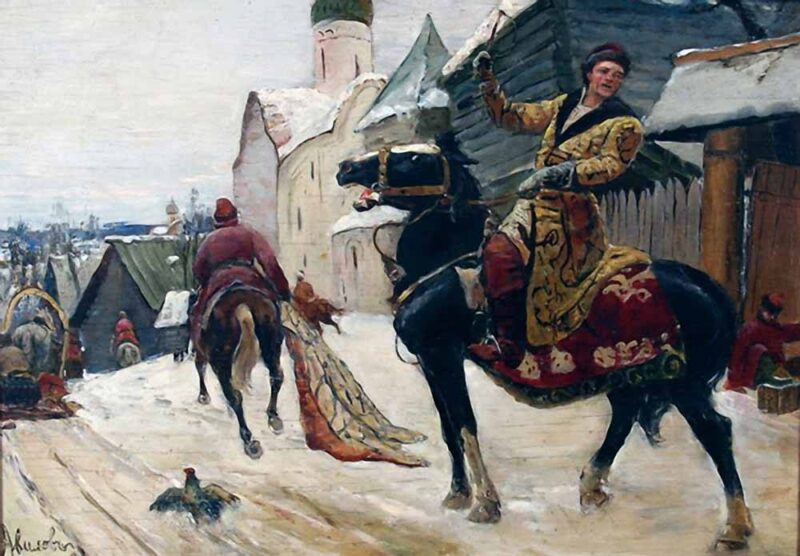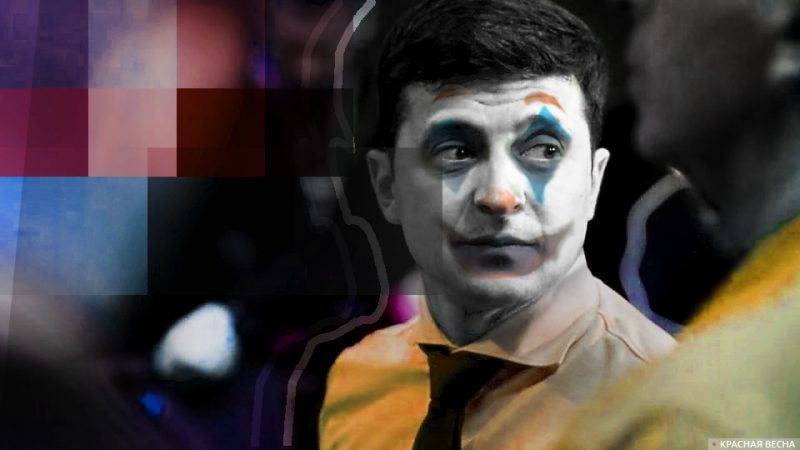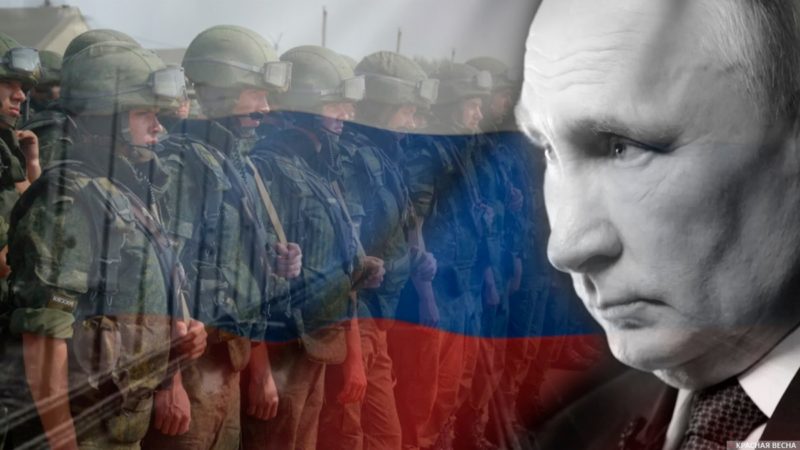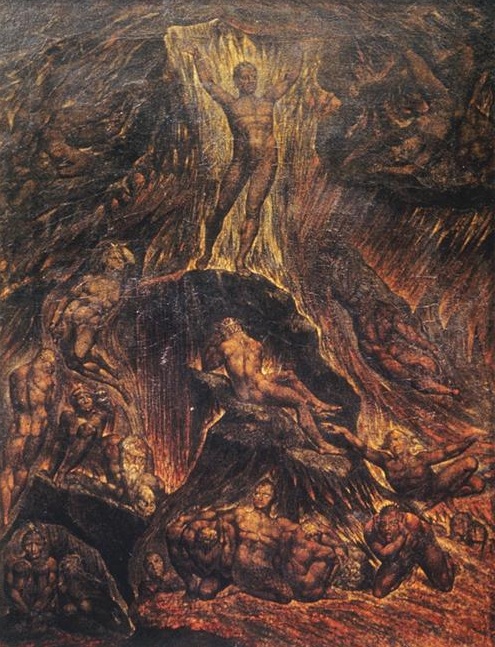18.11.2024, Moscow.
The emergence of PMC Wagner in the country was an attempt to create an “oprichnina” [parallel power structure, originally referring to Ivan IV’s reforms in the 16th century – translator’s note] for a top-down revolution, political scientist, philosopher, and leader of the Essence of Time movement Sergey Kurginyan stated on October 21 on the program Manuchi’s Empathy.
Kurginyan believes that as long as society is guided by the principle of preferring a beautiful life over sacrificing, it can exist but cannot respond to serious challenges. In a situation where war is ongoing and victory is necessary, such a principle is counterproductive.
“When you begin to act under a cult of death and want people to live in this, die, and fight within this cult, you cannot do it, as Tvardovsky wrote, ‘a mortal battle not for glory, but for life on earth.’ But you will do it the way Wagner does, until you correct the fundamental constants of the core,” Kurginyan said.
According to the political scientist, this could result in becoming “hostages to a criminal-PMC scheme,” which will function, unlike a bureaucratic one, but will be internally deeply unstable.
“I believe that Vladimir Putin genuinely wanted to create an improved model of a certain oprichnina for a top-down revolution, relying on this structure. But it betrayed him… He responded very courageously to this and was quite convincing at the moment when he realized it, but it betrayed him,” Kurginyan said.
This was not the first attempt to create an oprichnina for a top-down revolution, but all attempts to create such a community ended in betrayal.
“What did Korzhakov do with Yeltsin [a Russian former KGB general who served as Boris Yeltsin’s bodyguard, confidant, and adviser for eleven years]? What did Skokov [a Russian politician who served as Secretary of the Security Council of Russia from 1992 to 1993] do? What did Lebed [Soviet and Russian military officer and politician, as the Secretary of the Security Council in the president’s administration after the 1996 election signed infamous Khasavyurt Accords that ended the First Chechen War] do after that? What did Rokhlin [a commander of Russian forces during the First Chechen War] do after that? All attempts to create this oprichnina ended in oprichninks immediately turning against the sovereign,” said Kurginyan.
Source: Rossa Primavera News Agency




